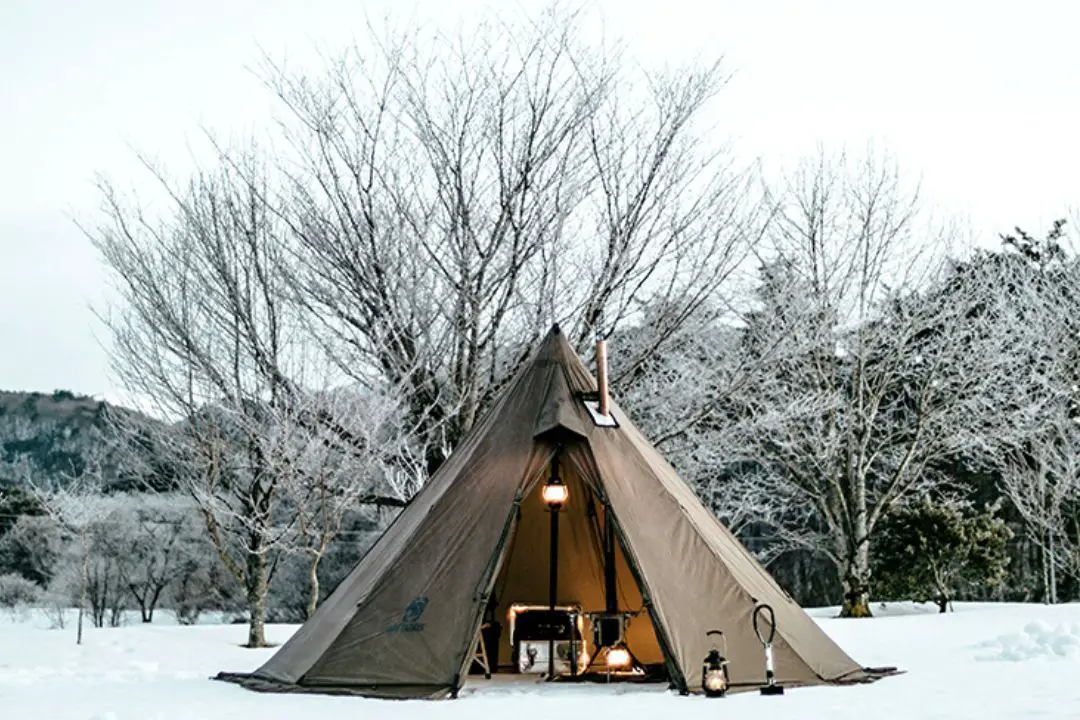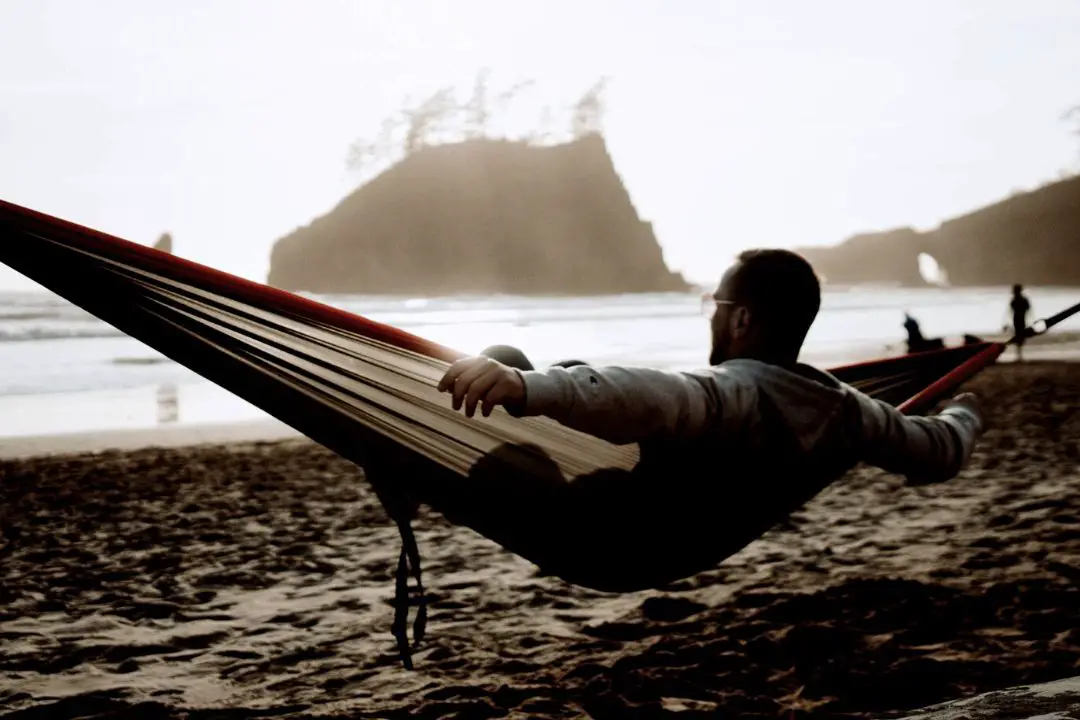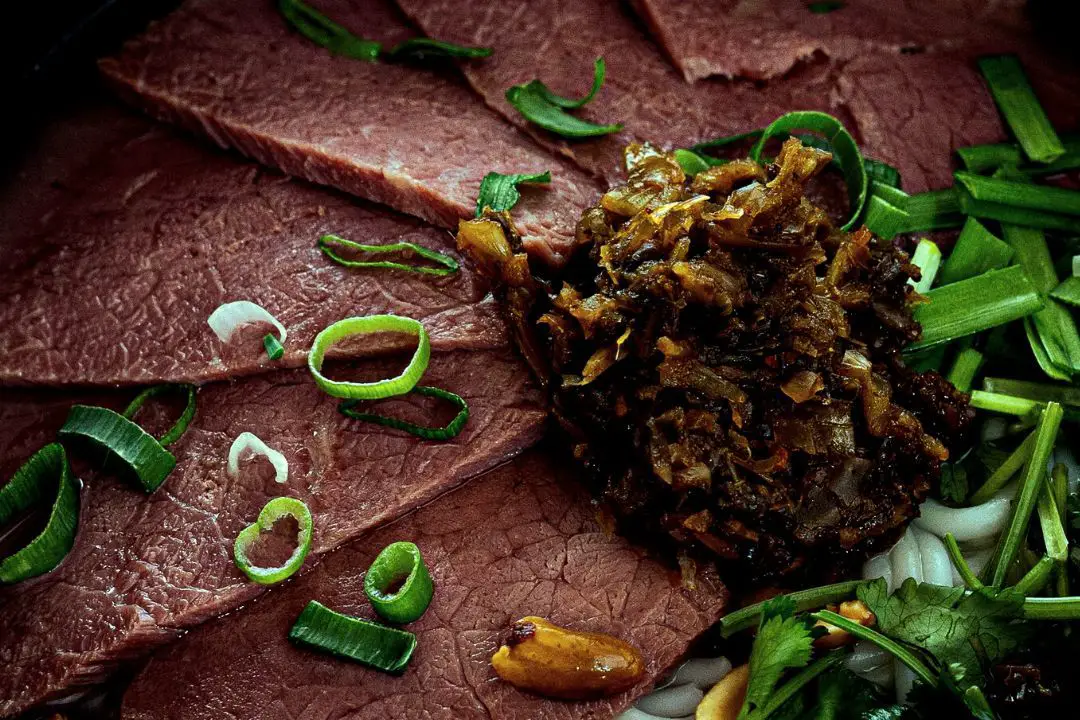What Is the Hunter's Role in Wildlife Conservation?
Hunting has been a part of the human experience for millennia, but modern conservation efforts have made it difficult to maintain traditions that connect us with nature. However, hunting can help ensure wildlife populations remain healthy and vibrant. Find out how.
Hunting has been a part of the human experience for millennia. For many cultures, hunting is more than just a means of procuring food – it is also a way to connect with the natural world and maintain a balance with the animal kingdom.
In recent years, however, hunting has come under fire from some quarters as being incompatible with conservation efforts. However, this view fails to take into account the important role that hunting can play in conserving wildlife populations and maintaining ecological balance.
The Concept of Hunters as Conservationists
When most people think of conservation, they think of things like managing protected areas and stopping hunting. However, hunting can actually be an important tool for conservation. In fact, many wildlife biologists and ecologists argue that hunting can play a critical role in maintaining healthy wildlife populations and preserving ecological balance.
However, hunting needs to be carefully regulated in order to be effective. It is important to ensure that hunting is compatible with the overall goal of conservation.
A Brief History of Hunting
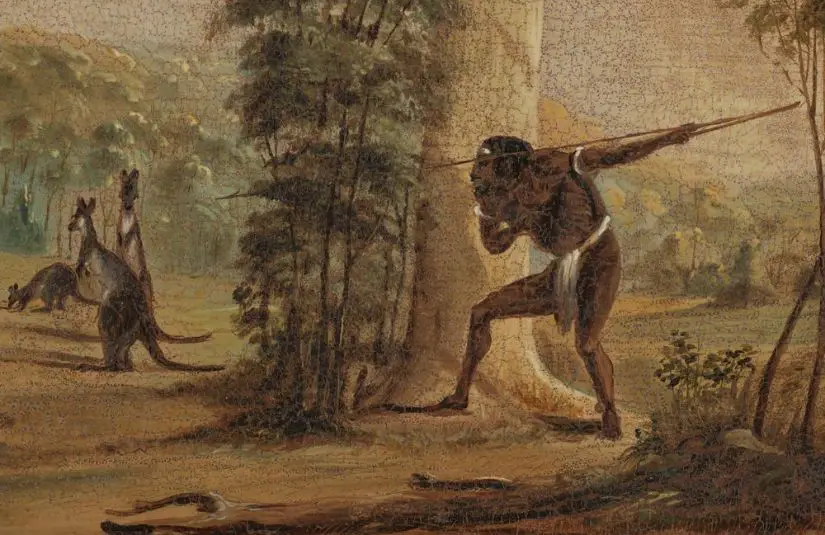
A Glimpse of The Past
A better understanding of the history of hunting and its impact on wildlife populations can help to inform current debates about hunting and conservation.
The first hunters appeared on the scene around 2 .6 million years ago, during the period known as the Lower Paleolithic. At this time, humans were still very closely related to other apes, and they probably hunted using rudimentary weapons like stones and spears.
As humans evolved and became more technologically sophisticated, they began to use more sophisticated hunting tools and techniques. For example, by the Upper Paleolithic period (around 40,000 years ago), humans were using bows and arrows to hunt games.
During the Agricultural Revolution (which began around 10,000 years ago), hunting continued to play an important role in human societies. In many cultures, hunting was seen as a way of connecting with the natural world and maintaining a balance between humans and animals. For example, some Native American cultures believed that hunting animals was a way of honoring their spirits.
Modern hunters and the conservation movement
The modern hunting era began in the 19th century with the development of firearms and modernized bows. This led to a dramatic increase in the number of animals being killed for food, sport, and other purposes.
The 20th century saw the rise of the conservation movement, which sought to protect wildlife populations from over-exploitation. The conservation movement was initially hostile to hunting, but it eventually came to see hunting as a tool that could be used to help conserve wildlife populations.
Today, hunting is regulated by national and international laws, and many hunters are involved in conservation efforts. For example, the North American Model of Wildlife Conservation, which was developed in the early 20th century, is based on the idea that hunting can be used to help conserve wildlife populations.

The future of hunting and conservation
As the world becomes more populous and industrialized, it is likely that hunting will become increasingly regulated. However, hunting can still play an important role in conserving wildlife populations and maintaining ecological balance.
In order to ensure that hunting remains an effective tool for conservation, it is important to carefully regulate hunting activities. This may mean instituting hunting seasons and quotas or banning hunting altogether in certain areas. Whatever the approach, it is important to ensure that hunting is compatible with the overall goal of conservation.
In more recent years, hunting has come under fire from some conservationists who see it as a threat to wildlife populations. However, it is important to remember that hunting can also play an important role in conservation if it is well-regulated and carefully managed.
The Modern-Day Role of Hunters
A study published in 2016 found that hunters in the United States contribute more than $8 billion dollars to conservation every year. (1) That same study found that, on average, each hunter spends nearly $2000 annually on hunting-related equipment and expenses. In contrast, a study from 2018 found that the average American consumer spends just $17 per year on wildlife-related conservation. (2)
This data shows that hunters are a critical part of the conservation movement and play a vital role in conserving wildlife populations. Without the financial contributions of hunters, many conservation projects would simply not be possible. In addition to their financial contributions, hunters also play an important role in monitoring and managing wildlife populations.
The benefits of hunting for conservation purposes
Hunting can be an important tool for wildlife conservation – but it is only effective when it is done in the right way. There are a number of benefits to this.
- Hunting can help to control population sizes. In many parts of the world, hunting is the only form of population control for some species. This is especially important for large predators like lions, which can cause widespread ecological damage if their numbers get too high.
- Hunting can also help to remove sick and weak animals from the gene pool, making the population healthier overall.
- Hunting can provide economic incentives for conservation. In many parts of the world, hunting is a major source of income for local communities. This money can be used to fund conservation projects, such as anti-poaching patrols or habitat restoration.
- In addition, hunting can be a valuable source of funding for conservation projects. In the United States, hunters contribute more than $8 billion dollars to conservation every year. This money is used to fund a variety of important conservation projects, including habitat restoration, species reintroduction, and anti-poaching efforts.
- Hunting can raise awareness and create a constituency for conservation. In many parts of the world, hunting is the only way that people have any contact with wildlife. This contact can create a sense of stewardship and responsibility for conservation.
- In some places, hunting is the only form of monitoring for some species. For example, in North America, hunters are the primary source of information about deer populations. This information is then used by wildlife biologists to make important decisions about hunting regulations and management.
The challenges faced by hunters in promoting conservation efforts
While hunting can be an important tool for conservation, hunters often face challenges in promoting conservation efforts.
- One of the biggest challenges is educating the public about the role of hunting in conservation. In many parts of the world, hunting is seen as a cruel and unnecessary practice. This makes it difficult to convince the public that hunting can be a valuable tool for conservation.
- In addition, hunting can be a controversial issue ethically, with passionate advocates on both sides. This can make it difficult to build consensus around hunting and conservation policy. For example, in the United States, there is currently a debate about whether or not to allow hunting in national parks. This debate has been ongoing for many years, and there is no sign of a resolution any time soon.
- Finally, hunting can be expensive and time-consuming. This can make it difficult to get people interested in hunting, and it can also make it difficult to fund conservation projects. In many parts of the world, hunting is simply not an affordable option for most people.
However, Trophy hunting has always been up for much debate, and there's an interesting take by The Economist in this video:
Also, check out our article on the Best Thermal Binoculars
What Will Happen If Hunting Is Completely Stopped
If hunting were to be completely stopped, it would likely lead to an increase in the populations of hunted animals. This could eventually lead to a decrease in the overall health of these populations, as well as an ecological imbalance. It would have a number of negative impacts on wildlife populations.
First, without hunting, many wildlife populations would become overpopulated. Overcrowding of natural habitats would lead to a shift in the habitat, as animals compete for food and space. Over time, this could lead to the endangerment of some species, as they are unable to adapt to the changing conditions.
In addition, without hunting predators that can be a threat to human populations, like Coyotes in America, or even lions in Africa, would quickly become out of control. This could have serious consequences for public safety and the environment as they would leave their natural habitat and come into human-inhabited areas in search of food.
Unchecked and Unregulated Hunting Can Be A Serious Problem
If hunting is not carefully regulated, it can have a negative impact on wildlife populations. For example, overhunting can lead to a decline in populations of certain species. This can disrupt the ecological balance of an ecosystem and lead to problems for other animals that depend on those species for food or shelter. In addition, overhunting can cause animals to become more aggressive and territorial, which can lead to conflicts with humans.
Unregulated hunting can also have a negative impact on the environment. For example, hunting can damage habitat, disturb sensitive ecological areas, and cause the loss of important plant and animal species. In addition, hunting can introduce invasive species into an ecosystem, which can cause problems for native wildlife.
Thus We Can Conclude That Hunters Are also a Part of Conservation Efforts.
Hunting can be a controversial topic, but it is important to remember that hunting can play a vital role in conservation. When hunting is well-regulated and carefully managed, it can help to control populations, fund conservation projects, and create a constituency for conservation.
So, hunting can be an important tool for wildlife conservation – but it is only effective when it is done in the right way.
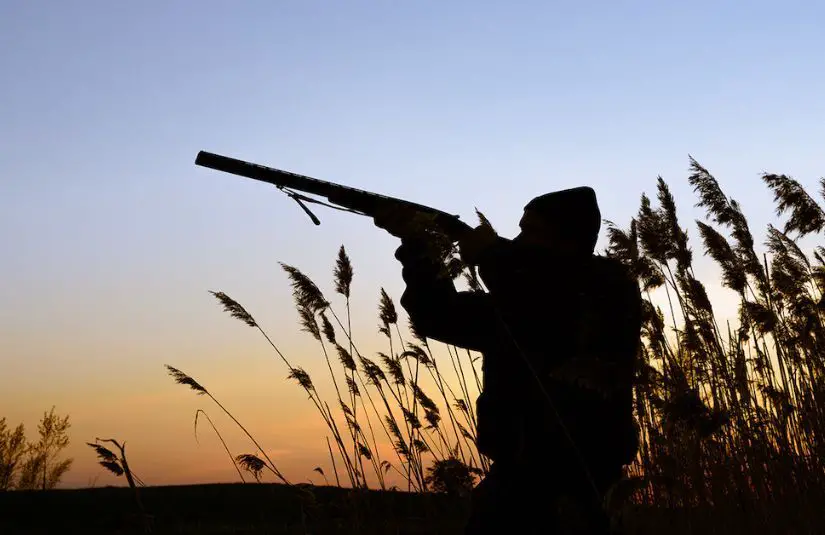
(1) American Sportfishing Association (2016). The hunting and shooting sports community’s economic contributions to state economies and federal tax revenue. Alexandria, VA: ASA.
(2) study from 2018: Stern, M., & Johnson, C. (2018). Giving back to nature: The public’s priorities for spending on wildlife conservation in the United States. Frontiers in Ecology and the Environment, 16(10), 547-553.
Also, look at some other articles we have written:
